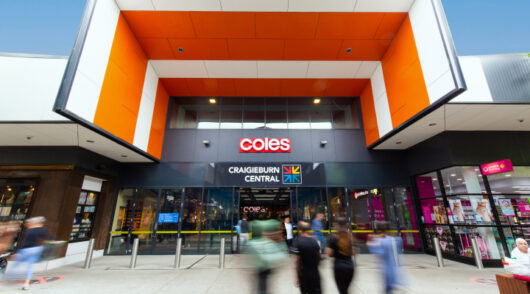 Business expectations for the final quarter of the year have fallen flat in a sign that the economy’s long awaited revival will not occur in 2013, according to Dun & Bradstreet.
Business expectations for the final quarter of the year have fallen flat in a sign that the economy’s long awaited revival will not occur in 2013, according to Dun & Bradstreet.
The research firm says the outlook for the remainder of the year suggests that businesses do not view the conclusion of this month’s federal election as a potential springboard for the economy. Businesses also appear to consider the Reserve Bank’s latest rate cut as reason for continued caution, rather than investment.
With just five per cent of businesses optimistic about increased growth in the final quarter of the year compared to 2012, Dun & Bradstreet has found that expectations for sales, investment and employment in particular are flat and at a low level.
The services and wholesale sectors are the least positive, with just two per cent optimistic about growth in the final quarter of 2013. Manufacturing businesses, supported by a currency moving below US90 cents, are the most upbeat, with 10 per cent more optimistic compared to a year earlier.
D&B’s latest Business Expectations Survey shows the sales index sliding downwards from 4.5 points to 3.5, with the number of business anticipating increased sales activity dropping from 18 per cent in the previous quarter to 11 per cent in Q4.
With just two per cent of businesses planning to increase spending next quarter, the capital investment index has remained in negative territory and relatively unchanged at -1.3 points.
Additionally, with just three per cent of companies intending to hire new staff in the final quarter of the year, the employment index has failed to move into a positive range, sitting at -2.8 points compared -3.3 a quarter earlier.
“The year end outlook for businesses is not particularly cheery,” said Gareth Jones, CEO of credit information bureau Dun & Bradstreet.
“We are seeing something of a holding pattern develop when it comes to business expectations, with little movement up or down in the survey’s series of forward-looking indices.”
“It’s been a trying year for many companies, with concerns about cash flow, operating costs and weak demand emerging as constant themes. As a consequence we’ve been seeing companies focusing on paying down their debt, managing expenses and focusing on core operations, to the detriment of investment and employment.”
“It may be that we need to wait until the Christmas and New Year period before businesses begin to leverage the currently low borrowing costs, begin investing and hiring again,” Jones added.
The low levels of optimism follow a year in which business expectations have tracked downwards before stabilising at a relatively low level in Q4. This year the Business Expectations Survey indices for sales, employment and investments all reached their lowest levels in three years, while the selling prices index reached a 24 year low in the middle of 2013.
Businesses will be hoping that the New Year brings new cause of optimism to support the traditional pick up in consumer spending during the summer months. Necessary to this will be a capacity to better negotiate the high operating costs and cash flow issues that are limited business activity.
D&B has found that operating costs and cash flow are the current significant issues impacting Australian businesses. According to the Business Expectations Survey, 45 per cent of businesses view operating costs as their biggest barrier to growth in the year ahead, while 64 per cent expect cash flow will be an issue.
D&B also found that companies are paying their invoices in an average of 54 days, or more than three weeks beyond standard terms, it is unsurprising cash flow is a significant issue.
“The general tone for the business sector is subdued with no signs of a broad-based pick up in optimism in the key indicators,” said Stephen Koukoulas, economic adviser to Dun & Bradstreet.“That said there has been no further deterioration in business expectations over the past few months which offers some hope that the lower Australian dollar and low interest rates are slowly impacting on the real economy.”
“The news from the business expectations survey is, in this instance, unlikely to have a significant effect on the interest rate deliberations of the RBA as it meets today to consider monetary policy settings,” Koukoulas added.
“The evidence of relatively stable conditions this month fits with the broader macroeconomic picture which points to the economy still growing at a pace a little below trend but with the odd suggestion that a turning point may soon emerge.”





